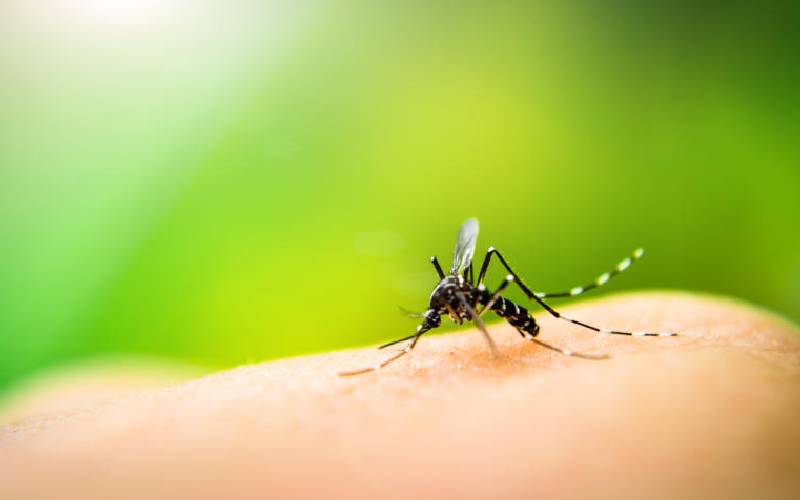×
The Standard e-Paper
Smart Minds Choose Us

Treated bed nets are no longer effective in controlling mosquito carrying malaria parasites, according to a 12-year study.
Medical researchers at the Kenya Research Institute (KEMRI) had found that mosquito nets have passed their protective limits against malaria control if their studies in Western Kenya are any yardsticks.